Embarking on a music career in 2024 is easier than it has ever been. Although signing a deal with a major record label has typically been the end goal for many musicians in the past, the music industry is changing fast. Online platforms such as social media and streaming services now provide artists with more flexibility to promote themselves independently and gain some market share on their own. Both signing to a label and “going it alone” come with advantages and drawbacks, so we’re here to help you answer the question that keeps being asked - to sign or not to sign?
Remaining an Independent Artist
Pro: Creative & Financial Control
Independent artists enjoy the freedom to create music on their own terms, maintaining control over their sound, style, visuals and general artistic direction (without having to conform to the demands of a major label).Pro: You own your music
Independent artists own all of their music and intellectual property rights. This gives them the freedom to make decisions about distribution, monetization and licensing without sharing a large percentage of their profits with a label. Unsigned artists can negotiate their own contracts, ticket pricing, and keep more of their earnings.Con: It’s hard work
Without the financial backing and industry connections that a major label can offer, an independent artist is responsible for managing all of their own marketing, studio bookings, calendar and admin tasks as well as building their own small but reliable team of producers, engineers, graphic designers, publicists, etc. This takes significant time and effort, and also requires you to develop many skills unrelated to music.
Signing to a Record Label
Pro: Reaching larger audiences
Record labels have well-established distribution networks that can help artists reach international markets. They have the ability to distribute music widely and provide a broad reach to help artists access audiences on a global scale.Pro: Access to Industry Connections
Major labels have many connections within the industry that they can leverage to benefit their signed artists. This includes long-standing relationships with radio stations and DJs, streaming platforms, media and press, as well as the best engineers, producers and session musicians.Con: Creative and Legal Restrictions
Label contracts often involve complex legal agreements and terms that may not always favor the artist. Signed artists face restrictions on their ability to release music, collaborate, or even control the rights to their own songs. Labels usually control release schedules, marketing and even album content.
So, Which one is right for you?
At the end of the day, the choice is yours. We have worked with both independent and signed artists; both have their own situation with difficulties and advantages. Many artists thrive with the support and resources that record labels can provide, while others prefer the artistic freedom and control that comes with remaining independent. If creative and financial freedom are important to you, remaining independent might be the best option. Alternatively, if you are looking for the best chance to go global, it might be worth exploring a contract with a record label.

